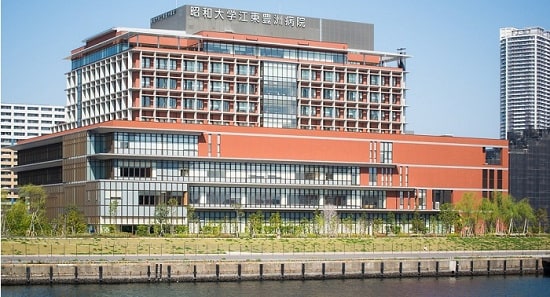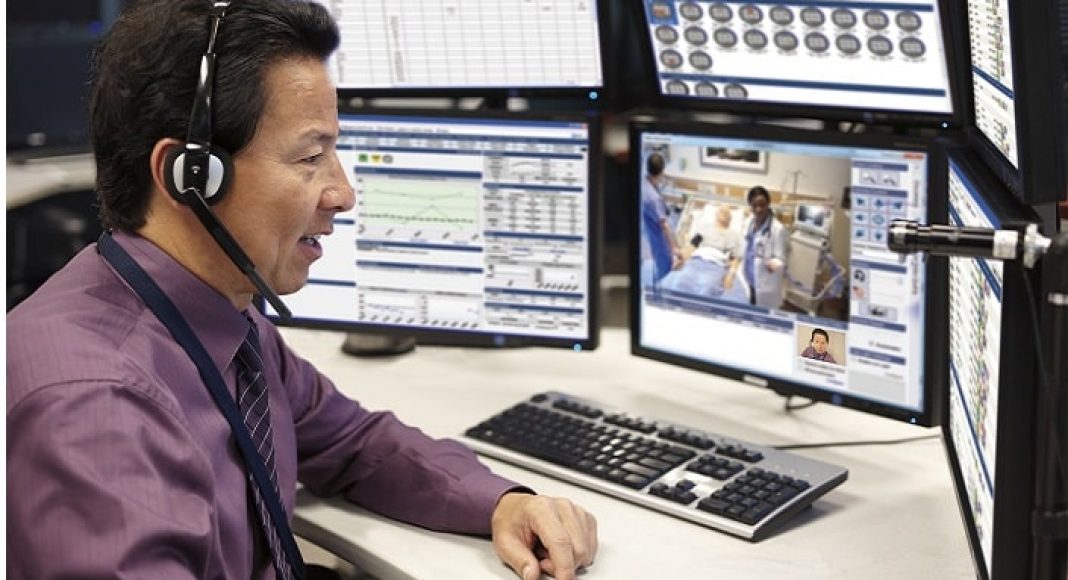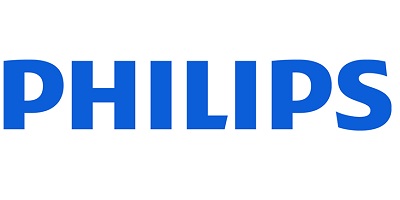Royal Philips , a global leader in health technology, and Japan-based Showa University announced the launch of Japan’s first telemedicine intensive care (eICU) program at Showa University Hospital and Showa Koto Toyosu Hospital, designed to help improve the outcomes of high risk patients and advancing the globalization of critical care.
Following the success of similar programs in the Americas, the UK, Australia, and the Middle East, this telehealth critical care model enables clinicians to deliver improved critical care support to patients across multiple sites. With the aging population and unsustainable rising costs of healthcare, the eICU program is expected to improve efficiency in medicine through a subsidy program for global innovation centers funded by the Japanese government to bring technology advancements to healthcare.
“This partnership enables a fundamental shift in the delivery of critical care, impacting outcomes and reducing costs, by leveraging technology to support access to highly experienced critical care physicians and nurses which is an ongoing challenge for hospitals internationally, especially in Japan,” said Professor Otake of Showa University Hospital. “Telehealth solutions, like the Philips eICU program, can help deliver much needed expertise to impact providers, clinicians and patients.” The Philips eICU program allows for near real-time remote patient monitoring and early intervention via advanced audio-visual technology. Smart algorithms can predict deteriorations in health, giving remote experts the ability to communicate with bedside caregivers via live video link, to continuously monitor patient status, and advise on the best course of treatment from wherever they are located.
The Philips eICU program allows for near real-time remote patient monitoring and early intervention via advanced audio-visual technology. Smart algorithms can predict deteriorations in health, giving remote experts the ability to communicate with bedside caregivers via live video link, to continuously monitor patient status, and advise on the best course of treatment from wherever they are located.
“The eICU represents the future of globalized critical care, transforming the delivery of care from the bedside,” said Hiroyuki Tsutsumi, CEO, Philips Japan. “Having a centralized remote patient support center provides the ability to consolidate and standardize care, reduce transfers while maximizing bed utilization, and reassure bedside staff. This helps reduces costs while enhancing revenues, patient flow and capacity management across the system.”
Increasingly virtual health hubs are leveraging eICU technology and care transformation beyond the ICU to impact clinical, financial and operational outcomes to support broad patient flow and clinical access efficiency across the acute patient experience. Such systems recognize the value of technology-enabled clinical insights is one of the primary drivers for sustainable operational improvement. The Philips eICU program is part of a connected, patient-centered care and analytics suite that supports advanced care delivery models, both in the hospital and in the home. Published evaluations of the eICU program performance outcomes include:
Increased ICU case volume by 21 percent without adding additional beds or costs [1];
Reduced ICU mortality in eICU monitored care areas by 20 percent [2];
Generated care savings of nearly $1,500 per patient across a 60 day post ICU episode [3];
Achieved a 30 percent reduction in ICU patient length of stay [4].
A recently published whitepaper calculating the value of remote ICU monitoring (tele-ICU) can be found here.
[1] ICU Telemedicine Program Financial Outcomes
[2] Northwell Health improves patient care and satisfaction with Philips integrated patient monitoring solutions
[3] Emory Healthcare achieves USD 4.6 million in savings over 15 months leveraging Philips eICU platform
[4] Hospital Mortality, Length of Stay, and Preventable Complications Among Critically Ill Patients Before and After Tele-ICU Reengineering of Critical Care Processes
About Showa University
Founded in 1928, with the aim of “nurturing clinicians with a wealth of humanity and ability to achieve.” The university-founding spirit of ‘Shisei Ikkan’, always being sincere to others and viewing their standpoint, is tightly intertwined in the clinical scene of today. With four faculties; schools of medicine, dentistry, pharmaceutical sciences, and health care, and established 8 affiliated hospitals and clinics, Showa University contributes to the health of the people in three fields; education, research, and clinical practice.
In today’s diversifying and advanced medical scene, Showa University build and practice “team medical care”, where specialists in various fields such as doctors, dentists, pharmacists, nurses, physiotherapists, occupational therapists and others work together beyond each other’s areas.



















